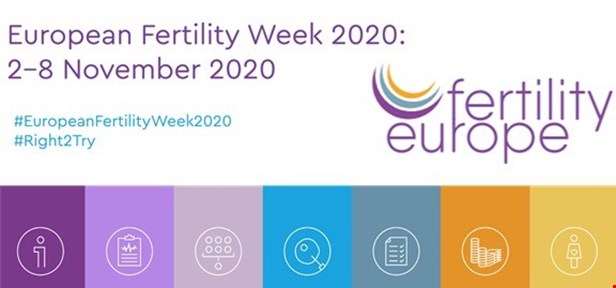Who can access fertility treatments in Europe?

Today, across Europe, more than 25 million citizens are affected by infertility. Infertility can be defined as the failure to achieve a pregnancy after 12 months or more of regular unprotected sexual intercourse. Infertility is much more common than most people imagine and can affect both men and women. Large population studies show that as many as one in six couples are affected at some time in their reproductive lives.
Thankfully, most causes of infertility are amenable to fertility treatment. Infertility treatment can be a long, anxious and emotional journey but success rates are improving and procedures are safer than ever. The treatment is likely to depend on the reason for infertility.
There are three main types of fertility treatment:
- Drugs to help with ovulation.
- Surgery to treat abnormalities in the reproductive system, such as endometriosis or tubal blockages.
- Assisted conception – ways to help the sperm and the egg come together and implant in the womb, including using donor sperm or eggs if necessary.
Many people are still struggling to get access to the appropriate information, diagnosis and treatments. More often than not, these barriers to access are a consequence of cultural, ideological, or economic restrictions rather than medical justifications based on the safety of patients, children, or donors.
“Infertility remains widely misunderstood, despite affecting as many as 25 million EU citizens. It is the forgotten side of sexual and reproductive health. We call on health authorities across Europe to ensure citizens’ right to access fertility screening and treatment, and to ensure that reliable information is made available about factors that influence one’s own fertility” says Satu Rautakallio-Hokkanen, Fertility Europe’s Executive Committee Chair.
This year’s campaign addresses several challenges faced by infertility patients. For example, some countries still ban the access to fertility treatments for certain patient groups, like single women, and same sex couples. In other cases, stigma itself gets in the way, which is often the case with male infertility. 25% of males in an infertile couple do not undergo a male reproduction evaluation, despite male factor infertility occurring in 40% of infertile couples.
“We believe that equitable access to fertility screening, treatment and information is a matter of equality as much as it is a public health issue. Fertility treatments of scientifically-proven benefit to patients should be made available irrespective of the patient's sexual orientation or marital status. We are dealing with citizens' right to make informed decisions for their lives when it comes to constituting a family” added Ms Rautakallio-Hokkanen.
The European Fertility Week was launched in 2016 to remove the stigma of infertility and amplify the issue of unequal access to treatment in Europe. Fertility Europe’s Call to Action to EU policy-makers is at the centre of the campaign and awareness-raising efforts.
